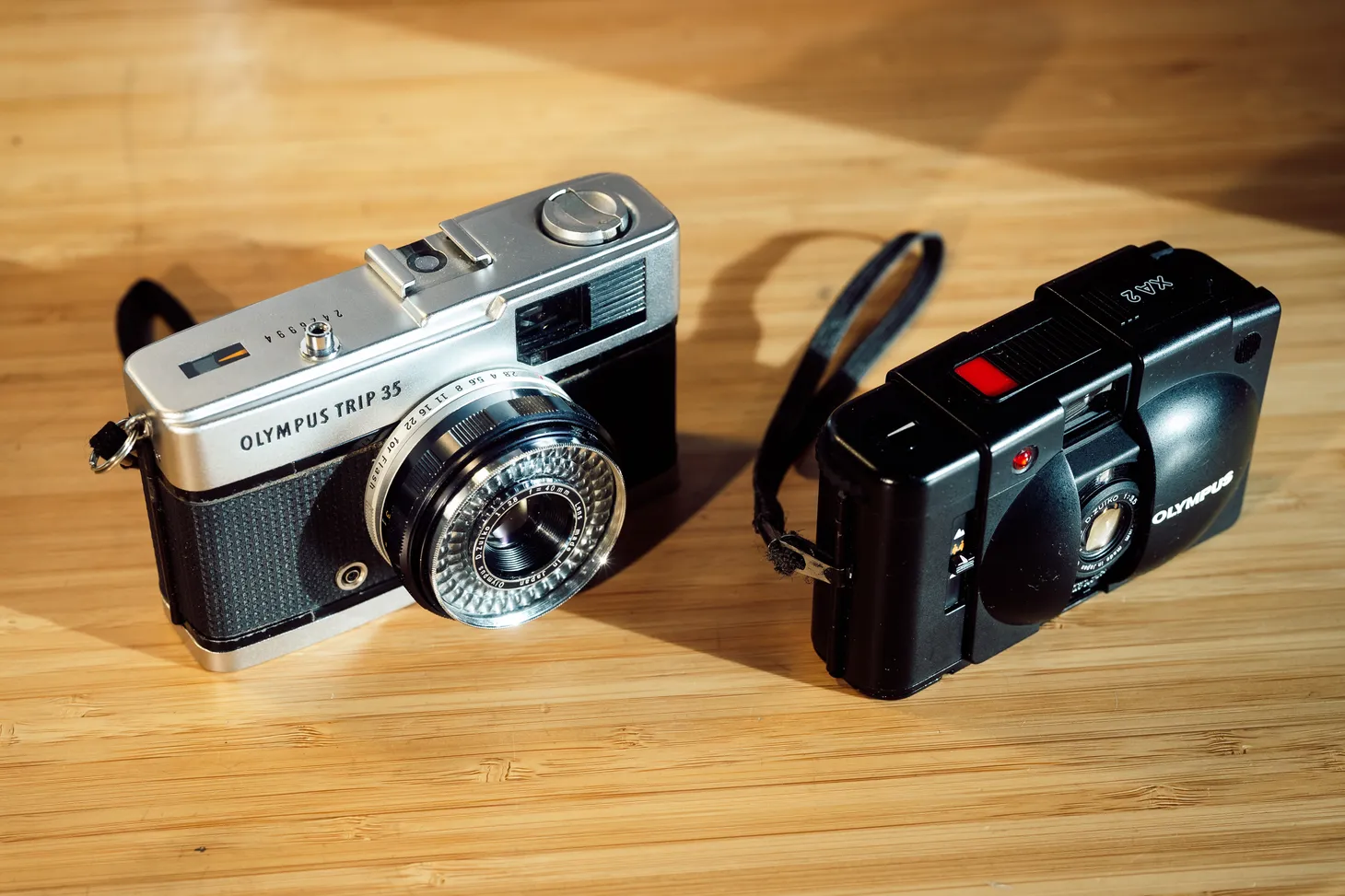Your story already exists
The story you want to tell already exists. As a writer, your job is not to make it up — it’s to illuminate the truth that’s already there.
One of the questions I’m asked most frequently about my books goes something like this: “How do you make your writing so detailed and believable?” I have given a variety of answers to this question in the past, and here are the usual explanations:
- I do a huge amount of literary research, and have spent many years ensuring I’m as close to an expert on my subject as it is possible to be.
- I focus on creating believable characters who can take over the hard work of writing the plot for me (seriously — every novelist will tell you that this is a thing).
- I strongly believe in immersing myself in the world of my characters, and I have suffered to achieve that ideal. I have climbed Scottish mountains in winter conditions using Victorian climbing equipment, trekked Alpine passes discovered by my characters, slept rough on glaciers, been avalanched, climbed rock pitches in hobnailed boots without a rope, chipped steps up fifty-degree ice with an Alpenstock. I cannot write my books if I am not willing to suffer as my characters suffered.
All of these answers are true, but they skirt around the truth.
The truth is that writers need to believe in their work. I don’t mean that in an abstract, motivational-slogan kind of way — I mean that in a very concrete sense. If you do not believe absolutely in the truth of what you’re writing, give up and go home. It doesn’t matter if what you are writing is a fictional interpretation of real events, or indeed something entirely imaginary; to you, the writer, your story must be true and you must believe in it without question.
So here’s the secret. For every book I write, I start with the assumption that my story already exists somewhere, and my job is merely to illuminate it — to shine a light on a truth that is as firm and solid as the mountains about which I write. Whenever I have tried to write a book from a different point of view, I have failed. If I find myself dwelling on issues like I need to figure out what happens next or how can I resolve the conflicts in this section? then I’m doing a bad job and the idea is probably a rotten one. The real questions are how can I find out what happens next? and how do the characters resolve their conflicts in this section?
The distinction is extremely subtle, and all in my head, but it makes an enormous difference to me.
Obviously planning and plotting still need to be done. The difference is in the approach. Rather than believing that it is up to me to come up with the answers, it feels more like a process of research. My job is not to decide what happens in the story; my job is to find out what happened, and then record it.
With my particular brand of historical fiction that isn’t such a difficult leap to make, because 70% of what I write about actually happened in some form or another — the fictional component is merely the glue that fills in the gaps. But it’s absolutely critical that the fiction is as real as the historical component, and I believe that writers in any genre can benefit from that philosophy.
If I can believe in a story so powerfully that it seems to exist with a truth beyond and outside my own mind, then the reader will believe in it too.
Alex Roddie Newsletter
Subscribe here to receive my occasional personal newsletter in your inbox. (For the fun stuff, please consider subscribing to Alpenglow Journal instead!)



